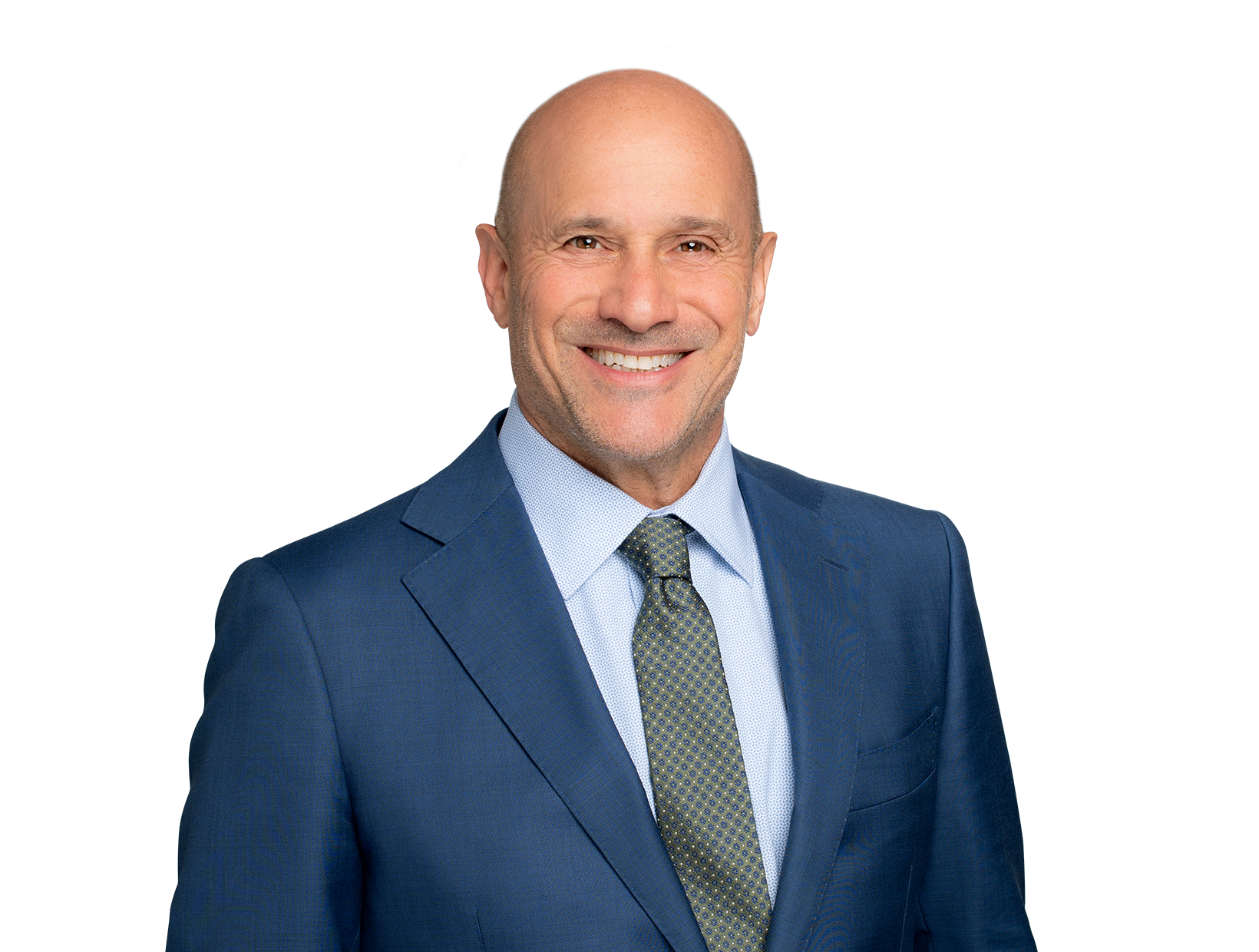Blog
NDTX Strikes One License and Allows Another; Finds Fault in Expert's Use of Entire Market Value Rule
Fish & Richardson
Authors
-
- Name
- Person title
- Principal

On June 10, 2011, Judge Reed O'Connor of the Northern District of Texas issued an opinion granting in part and denying in part Universal Lighting Technologies' ("defendant") Motion to Strike, Limit, or Exclude Certain Expert Testimony. Lighting Ballast Control, LLC, v. Phillips Electronics North America Corp, Case No. 7:07-CV-29 (N.D. Tex., June 10, 2011). Defendant had moved to strike expert testimony and report on two grounds: 1) the expert proposed royalty rates for the patent-in-suit while relying on rates from two licenses most favorable to plaintiff; and 2) the expert improperly tests or "checks" the reasonableness of his selected royalty rates using the entire market value of the accused products.
1. The GE License
The Court offered three reasons for holding that a previous license ("the GE License") was not probative of the royalty rate the defendant would be forced to pay in a hypothetical negotiation. First, the royalty rate under the GE License was the highest royalty rate of any license for the patent-in-suit ("the '529 patent") and thus was entered into under the threat of litigation and likely represented considerations other than the value of the patent. Second, the GE License conveyed rights broader than those contemplated by the hypothetical negotiation, because it included another patent ("the '106 patent"). The court was not persuaded by the plaintiff's argument that its expert had properly considered and discounted the value of the '106 patent to the GE License because the record belied the plaintiff's argument. Third, in its expert report, the plaintiff's expert argued that it was his "understanding" that the '106 patent was immaterial for the consummation of the GE License but failed to offer any explanation for his "understanding."
2. The Robertson License
The Court also held that there was a sufficient link between another previous license ("the Robertson License") and the hypothetical negotiation. Even though the Robertson License conveyed broader rights that would be the case in the hypothetical negotiation, the Court found a "sufficient link" between the license and the hypothetical negotiation because the license represented non-exclusive licensing of the '529 patent around the time of the hypothetical negotiation.
3. Entire Market Value Theory
Lastly, the Court held that the plaintiff's expert had improperly used the entire market value theory. The court reasoned that the plaintiff's expert was incorrectly checking or analyzing his royalty rate in light of the defendant's total sales of the accused products, without any evidence that the '529 patent drove or formed the basis for sales of the accused products.
The opinions expressed are those of the authors on the date noted above and do not necessarily reflect the views of Fish & Richardson P.C., any other of its lawyers, its clients, or any of its or their respective affiliates. This post is for general information purposes only and is not intended to be and should not be taken as legal advice. No attorney-client relationship is formed.